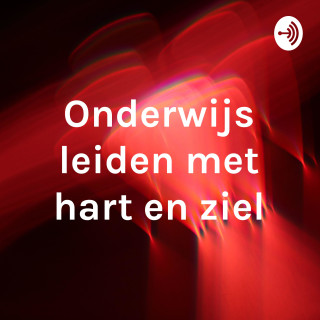97. The grammar of schooling - politics and schoolwork?

Show notes
In a collaboration between educators from the University of Leuven — who recently organized a conference on the future of schooling — and the ATTC school leadership program, this is a special series of Leading Education with Heart and Soul about the grammar of schooling.
Each episode explores one or two key dimensions of what constitutes the fundamental “grammar” of schooling.
This time, we ask: can we have, imagine, or create a school without… politics and schoolwork? Guests are José Miguel Vargas-Pellicer and Inés Dussel, and these are their thoughts:
- José Miguel uses politics not in the sense of governance, but in the sense of the Greek idea of schole, which means that school is a free pedagogical space for shared attention and study.
- The school seen as schole introduces newcomers to the world, so we as a society must collectively decide what is important for them to study. This requires an ongoing conversation about the common good, particularly in multicultural and multiethnic societies.
- From this perspective, school is a site of radical equality, a precondition for political life itself.
- Schoolwork, our second dimension, is not simply about academic tasks, but a specific mode of attention, perception, and disciplined engagement — a translation of oral into written expression, embedded in rituals and gestures. It is a communal activity that invites everyone to the table as equals.
- School is the only place where you’re asked, through schoolwork, to validate what you’ve learned and to critically engage with it.
- Schoolwork extends beyond the classroom to communal spaces such as playgrounds and kitchens, each with its own pedagogical logic. Today, however, schoolwork is increasingly individualized, undermining its collective ethos.
This podcast has been made possible through the support of the ATTC School Leadership Program, the educational consultancy School Matters, and the retreat facility The Valley of the Good Life.




